French Books of Hours: Making an Archive of Prayer, c.1400–1600
The Book of Hours was a 'best-seller' in medieval and early modern Europe, the era's most commonly produced and owned book. This interdisciplinary study explores its increasing popularity and prestige, offering a full account of the Book of Hours as a book - how it was acquired, how it was read to guide prayer and teach literacy and what it meant to its owners as a personal possession. Based on the study of over 500 manuscripts and printed books from France, Virginia Reinburg combines a social history of the Book of Hours with an ethnography of prayer. Approaching the practice of prayer as both speech and ritual, she argues that a central part of the Book of Hours' appeal for lay people was its role as a bridge between the liturgy and the home. Reinburg describes how the Book of Hours shaped religious practice through the ways in which it was used.
{{comment.content}}

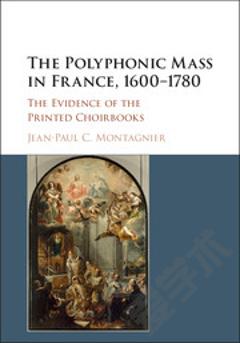
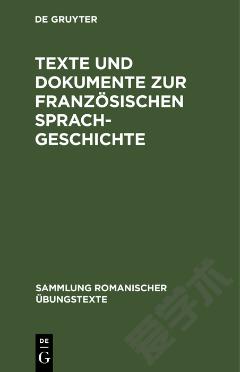
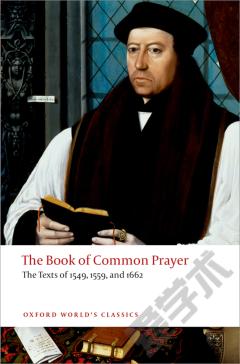
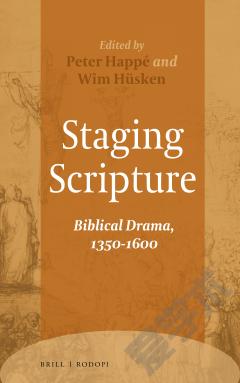
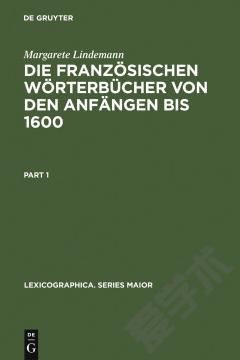


 京公网安备 11010802027623号
京公网安备 11010802027623号